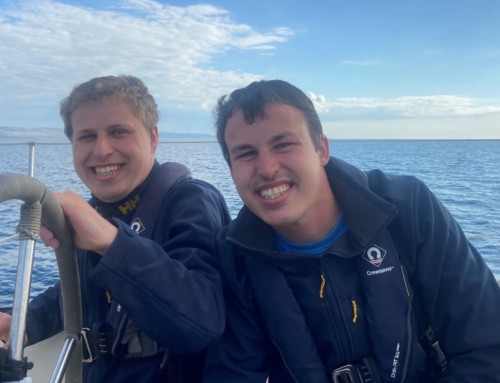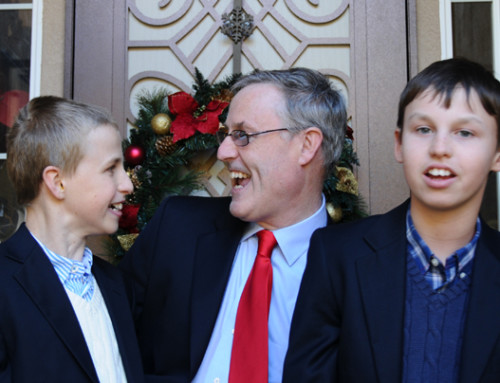Flying with an Autistic Child: Overcoming Challenges and Finding Support
 With summer just around the corner, I thought I’d share some of our experiences traveling with our boys. Vacationing or even heading out in public with neurodiverse children often comes with unique challenges. As flights and travel plans ramp up again, I wanted to recount one particularly memorable trip and the lessons we learned along the way.
With summer just around the corner, I thought I’d share some of our experiences traveling with our boys. Vacationing or even heading out in public with neurodiverse children often comes with unique challenges. As flights and travel plans ramp up again, I wanted to recount one particularly memorable trip and the lessons we learned along the way.
For many of us navigating life after an autism diagnosis, there’s constant pressure to make our children conform to societal norms. But the reality is, society often imposes unrealistic expectations on children who may behave differently, sometimes labeling them as “bold” or “unruly.”
As parents, we face scrutiny too. If I had a penny for every rude stare or unsolicited comment about Conor and Eoin’s behavior, I’d be a very wealthy parent. But instead of letting it weigh me down, I’ve learned to channel these moments into advocacy—not just for my boys but for other families like ours. Here’s one story that stands out:
The Incident at JFK Airport
We were traveling from New York City to San Francisco, with the boys at about eight years old. At that time, they had significant language deficits and were constantly seeking sensory input. To make matters worse, both boys had colds that day, which meant a lot of coughing—without the usual “cover your mouth” manners that typically developing children might have mastered by that age.
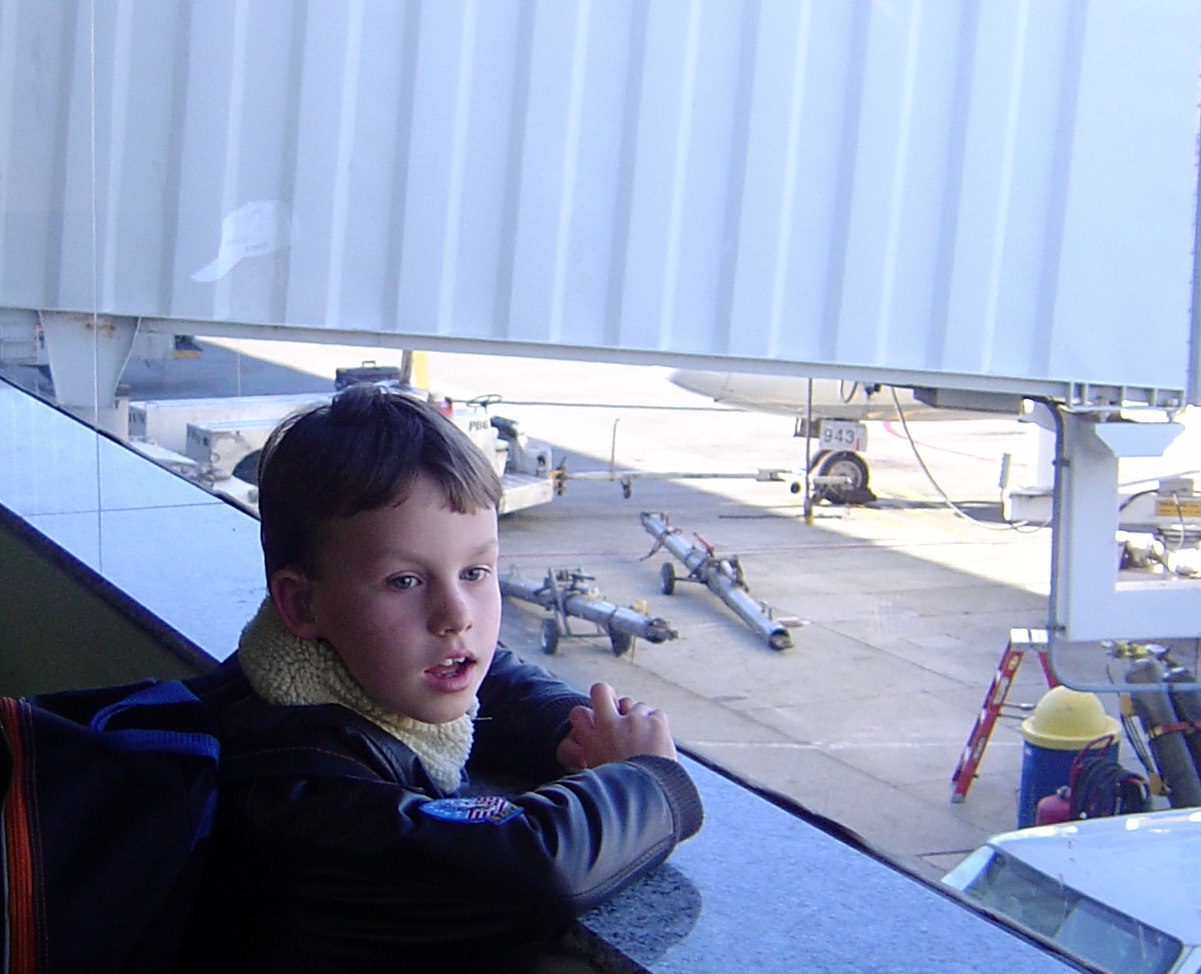 We were seated in a crowded departure lounge, waiting for our Delta flight. The boys were exploring their seats, shifting around and coughing intermittently. I was keeping an eye on them from a short distance, giving them a little independence while staying close by.
We were seated in a crowded departure lounge, waiting for our Delta flight. The boys were exploring their seats, shifting around and coughing intermittently. I was keeping an eye on them from a short distance, giving them a little independence while staying close by.
Suddenly, I noticed a middle-aged man in a Hawaiian shirt glaring at Conor. He looked visibly annoyed. Then, in a loud voice, he asked, “Where are this child’s parents?”
I had already been observing this man’s demeanor, pegging him as one of those “black hole” types—people who seem to drain all the positivity out of a room. Airports are full of every kind of traveler, but you quickly learn to spot the ones who can’t handle even the slightest inconvenience.
I stood up, walked over to him, and calmly asked if there was a problem. His response was swift and cutting: “You’re a bad parent. Your son shouldn’t be allowed to travel.”
The exchange escalated as he became increasingly abusive. I kept my composure, gathered the boys, and moved to another area with my wife, Valerie. But inside, I was seething. I wasn’t going to let this slide—not for my family, and not for any other parent who face similar situations.
Raising the Issue
When it came time to board, I pulled aside one of the flight attendants and explained what had happened. I firmly requested that a formal complaint be made about the passenger’s behavior. She listened, assured me it would be addressed, and asked me to be seated.
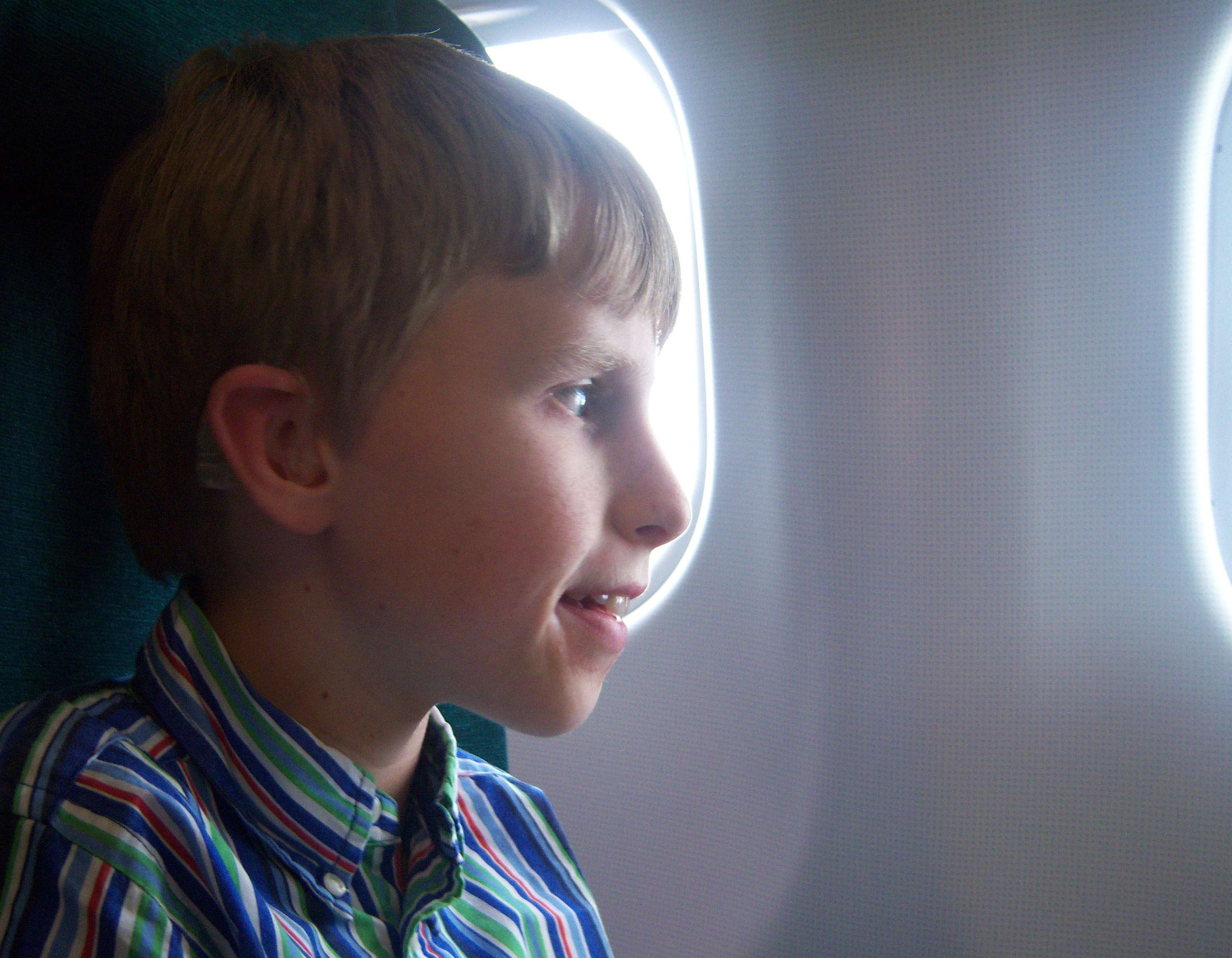 As boarding progressed, I began to wonder if anything would actually be done. Then, just as the doors were about to close, a man in a Delta uniform knelt down next to me. It was the Captain.
As boarding progressed, I began to wonder if anything would actually be done. Then, just as the doors were about to close, a man in a Delta uniform knelt down next to me. It was the Captain.
He introduced himself, took the time to listen to my account, and even held the boys’ hands—a small gesture of humanity that meant so much in that moment. After I pointed out the passenger in question, the Captain walked over to speak with him.
From my seat, I watched as a couple of Delta ground staff stepped into the cabin. Down below, a baggage truck arrived, and the cargo bay doors were opened.
A flight attendant stopped by briefly to reassure me: “He’s off for sure.”
Ten minutes later, the Captain returned to update me. He explained that the passenger had been cautioned and warned that his behavior was unacceptable. The man had apologized and promised not to act that way again. Then, the Captain asked me an unexpected question: “Do you feel safe with this man on board? If not, we’ll have him removed.”
I took a moment to consider. Removing the passenger would have delayed the flight by hours, and it was clear the crew had everything under control. I told the Captain that if the crew was comfortable proceeding, so were we.
A Positive Turnaround
Before takeoff, the Captain and the entire crew gathered in the galley for a brief meeting. A few minutes later, everyone returned to their stations, and the doors closed. To our amazement, the flight departed on time—something almost unheard of at JFK Airport—and even arrived in San Francisco an hour early.
During the flight, the boys were treated like royalty by both the crew and other passengers. They explored the cabin with kitten-like curiosity, wearing tracks into the carpet, while the flight attendants ensured they had everything they needed.
Why This Matters
For some, an incident like this might seem minor in the grand scheme of parenting. But for Valerie and me, it was a validation of our boys’ right to be treated with dignity and respect.
It’s easy for people to notice the differences in neurodiverse children, but that does not make it acceptable to target them—or their parents—with ignorance or hostility. This experience showed me that, with the right support and advocacy, dignity and common sense can prevail.
Final Thoughts
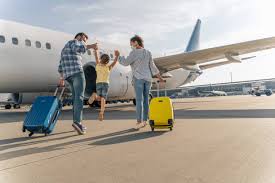 If you’re wondering whether you can take your autistic child on a flight, let me assure you: you absolutely can. Your family deserves to travel and enjoy vacations just as much as anyone else.
If you’re wondering whether you can take your autistic child on a flight, let me assure you: you absolutely can. Your family deserves to travel and enjoy vacations just as much as anyone else.
Yes, you may encounter a few “black holes” along the way, but you’ll also meet kind-hearted people who understand and care. So go ahead—book those tickets, pack your bags, and make memories with your child.
You won’t regret it.



